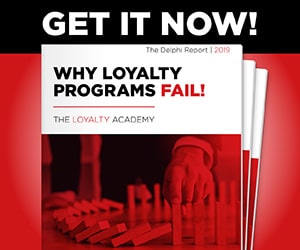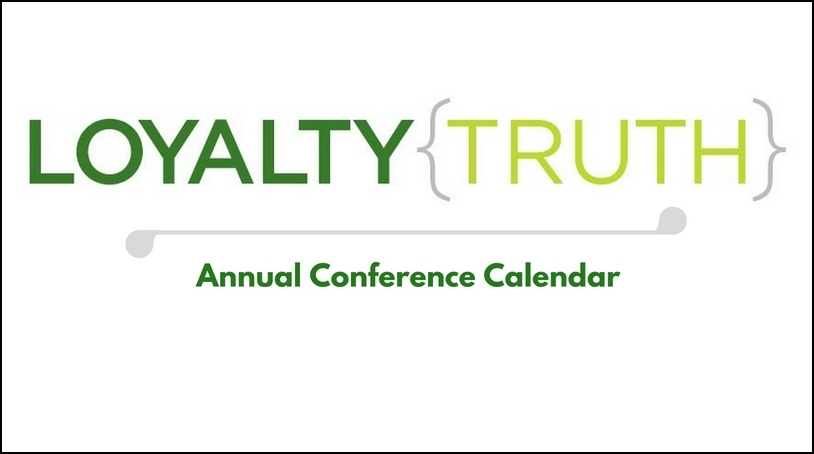Growing up, most kids I knew wanted to be Liked. But that grade-school reference has taken on a new meaning courtesy of Facebook. The race to accumulate likes has proliferated across FB pages of all types, corporate to charitable.
I’ve seen brands create contests that beckon people “Liking” the page to qualify for a prize once the total reaches a specified threshold. “Help us reach 60,000 Likes” and you’ll be eligible for a weekend stay at our hotel”. Versions of that one are constantly in play. The question is, what’s the value of a Like and how do we connect the Like to a meaningful next step in the customer engagement value chain?
Striving for numbers is a reminder that internet marketers have not matured past an acquisition mentality. Early ecommerce sites sought to establish value based on “eyeballs”, hoping to monetize the big number even if there lacked evidence that people on the list were actually interested in the site. Round One of the internet crash is testament to this flawed thinking.
My early experiences with online marketing had to do with seeking traffic and increasing page rank for websites and blogs. An advisor working with me told me he knew the key to success. Make the front page of Digg, Stumble Upon, or some random Ning page, he said, and traffic would drive back to our site. In time, page rank would improve.
I can’t argue with his mechanism to drive traffic numbers, for it worked well. The problem was that the increasing tally of visitors meant little to my business. One of the most uncomfortable conversations I had with this person was asking him about conversions of traffic to qualified sales inquiries. No matter how many times I asked the question, the answer was the same, “we’re getting great numbers”. Yes, I replied, but noone that clicks through cares an instant for loyalty marketing, nor is seeking consultative help in creating, refreshing, or retooling a program. A blank stare was all I received in return. I knew that my advisor was either right or that it was time to move on. I moved on.
I share this story as my personal version of the debate over the value of a Facebook Like. A study from a team of researchers at Appalachian State University highlighted in this post tells the story.
The key statistic in the article pointed out that while 75% of subjects surveyed had “liked” a business or organization at one point, 69% admitted they rarely or never returned to the Fan Page. Millennials in particular reported that little thought went into a Like. Liking a FB page today is somewhat akin to early days of the internet when we had to input our email address to get to what we visited the page to obtain. We became accustomed to leaving an email to be able to download a white paper. On a FB page, we must Like the page in order to have access to certain content or to take advantage of an offer.
Both are superfluous activities that leave the brand with lots of data, but not even the first qualified buyer.
Aimia’s Canadian Millennial Loyalty Survey revealed that 78% of Canadian Millennials are more likely to choose a brand that offers a loyalty or rewards program over a brand that does not. Nearly half (44%) surveyed are willing to promote products or brands through social media in exchange for rewards.
Creating a social loyalty program should incorporate multiple social channels and allow customers to engage in the ones where they feel comfortable. Piling up Likes does not breed loyalty. If anything, it breeds self-deceit. A more contemplated and cohesive strategy must be created to craft relationships with both the digital natives (Millennials) and immigrants (Gen X, Boomers) alike.




